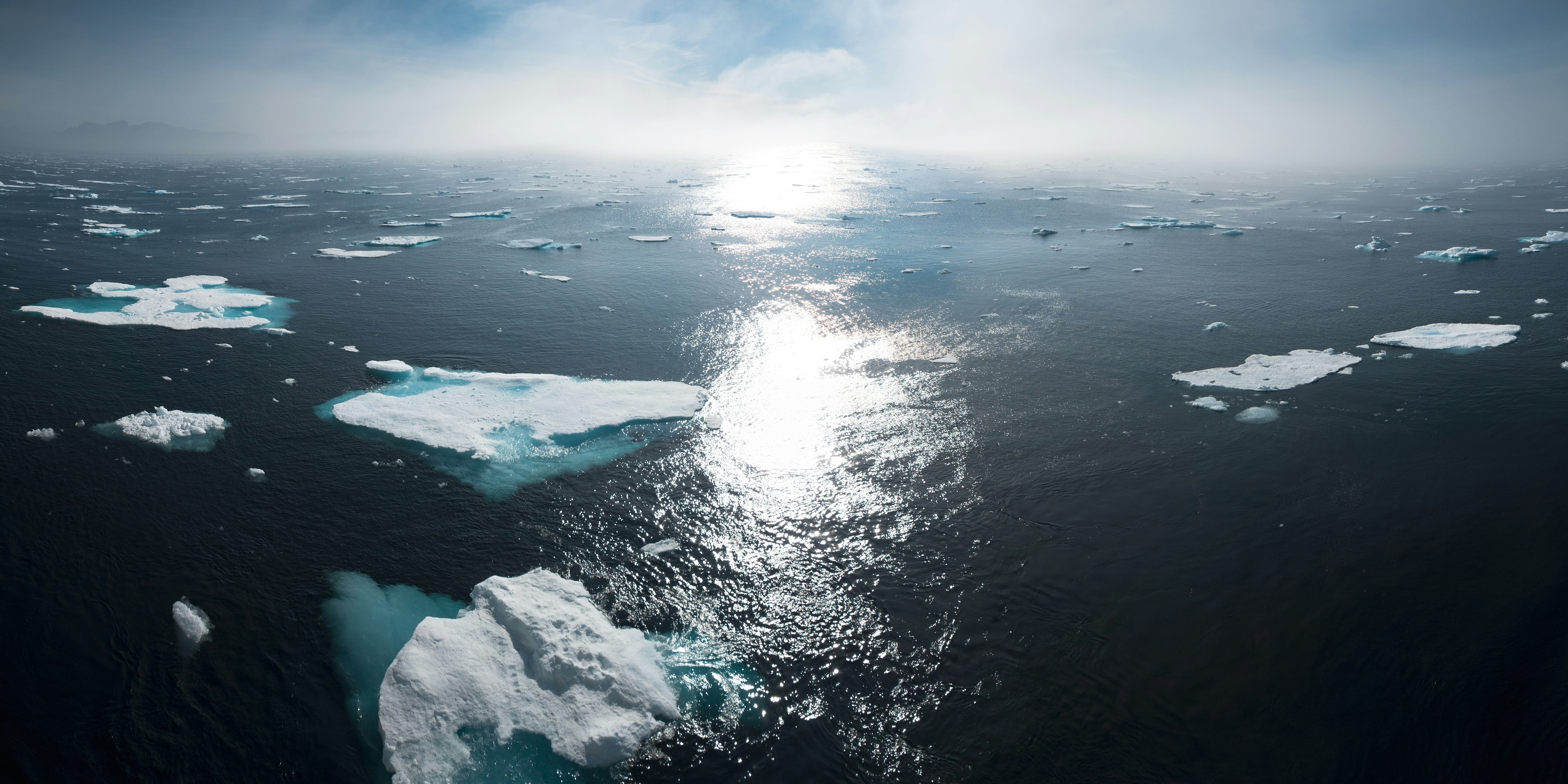Carbon emissions are still not going down – they’re actually going up

Under the Paris accord, the world needs to hit net-zero emissions by about 2050. Image: REUTERS/Aly Song

Get involved with our crowdsourced digital platform to deliver impact at scale
Stay up to date:
Future of the Environment
Between 2014 and 2016, global carbon emissions stayed flat. That may have been false hope. New projections suggest that emissions in 2017 are likely to increase, thwarting the drive toward keeping global temperatures from continuing to rise.
Under the Paris accord, the world needs to hit net-zero emissions by about 2050, meaning that we either stop burning fossil fuels or only burn them when we can capture and bury their emissions. Otherwise we won’t be able to keep global temperatures from rising more than 2°C above pre-industrial levels by the end of this century—a threshold beyond which dangerous changes to the climate may be irreversible.
The latest estimates were released at the climate talks in Bonn by the Global Carbon Project. Emissions have gone into reverse for a variety of reasons, with those from India and China rising faster than expected and those from the US and Europe failing to decline as quickly as expected.
“Global commitments made in Paris in 2015 to reduce emissions are still not being matched by actions,” says Glen Peters, a research director at CICERO, one of the authors of the new estimate. “It is far too early to proclaim that we have turned a corner and started the journey towards zero emissions.”
Countries met in Bonn last week to hash out better ways to coordinate climate action. In reply to Donald Trump’s intention to pull the US out of the Paris agreement, Syria and Nicaragua—the last two hold outs—have agreed to join the accord. A contingent of US lawmakers and philanthropists are telling other countries that Trump’s intentions don’t reflect those of the US as a whole.
Don't miss any update on this topic
Create a free account and access your personalized content collection with our latest publications and analyses.
License and Republishing
World Economic Forum articles may be republished in accordance with the Creative Commons Attribution-NonCommercial-NoDerivatives 4.0 International Public License, and in accordance with our Terms of Use.
The views expressed in this article are those of the author alone and not the World Economic Forum.
Related topics:
The Agenda Weekly
A weekly update of the most important issues driving the global agenda
You can unsubscribe at any time using the link in our emails. For more details, review our privacy policy.
More on Nature and BiodiversitySee all
Sha Song
May 8, 2024
Lena McKnight and Stefan Fahrni
May 2, 2024
Anis Nassar, Sebastian Reiter and Yuito Yamada
April 30, 2024







